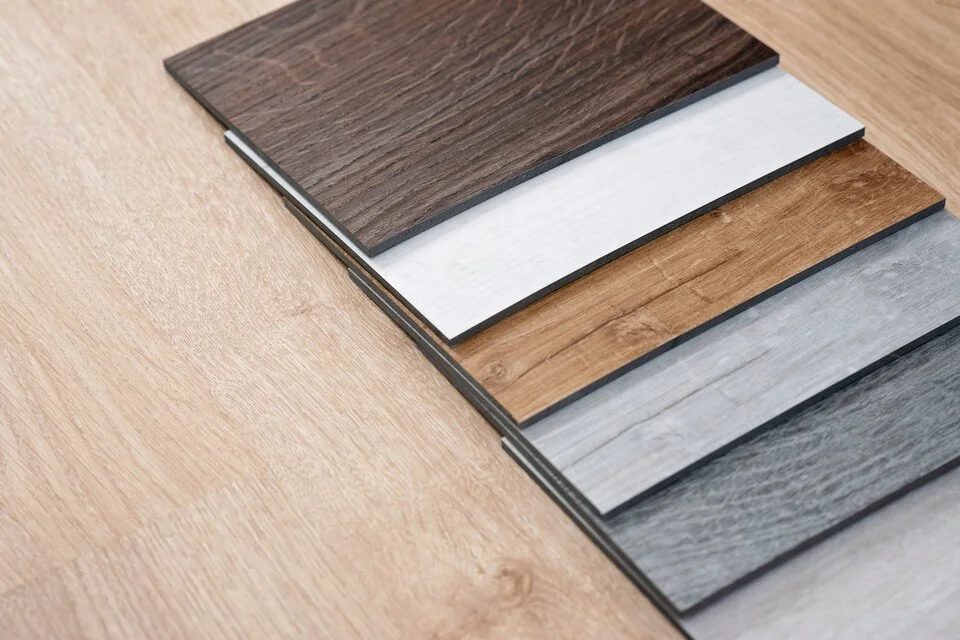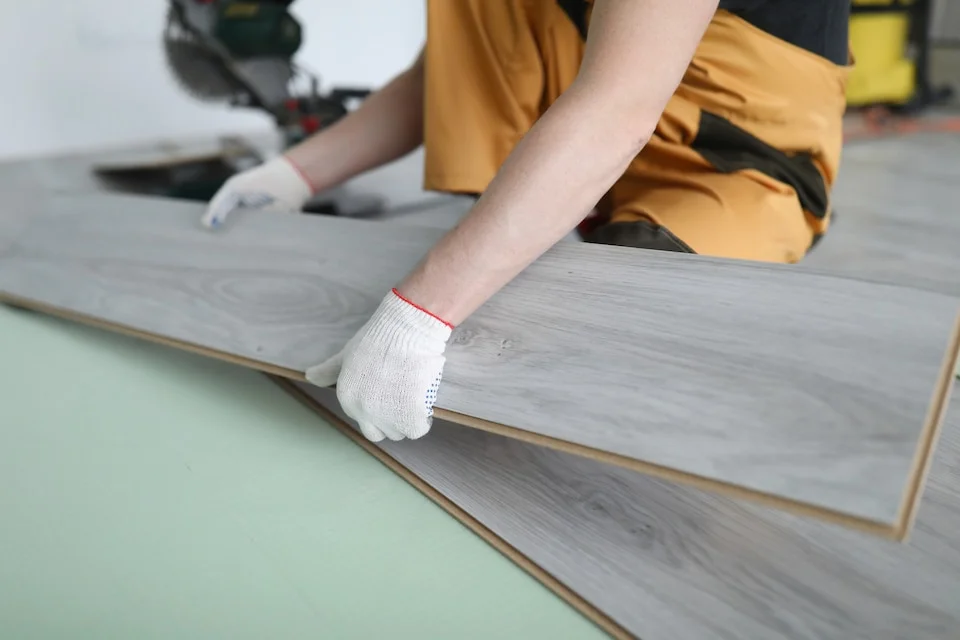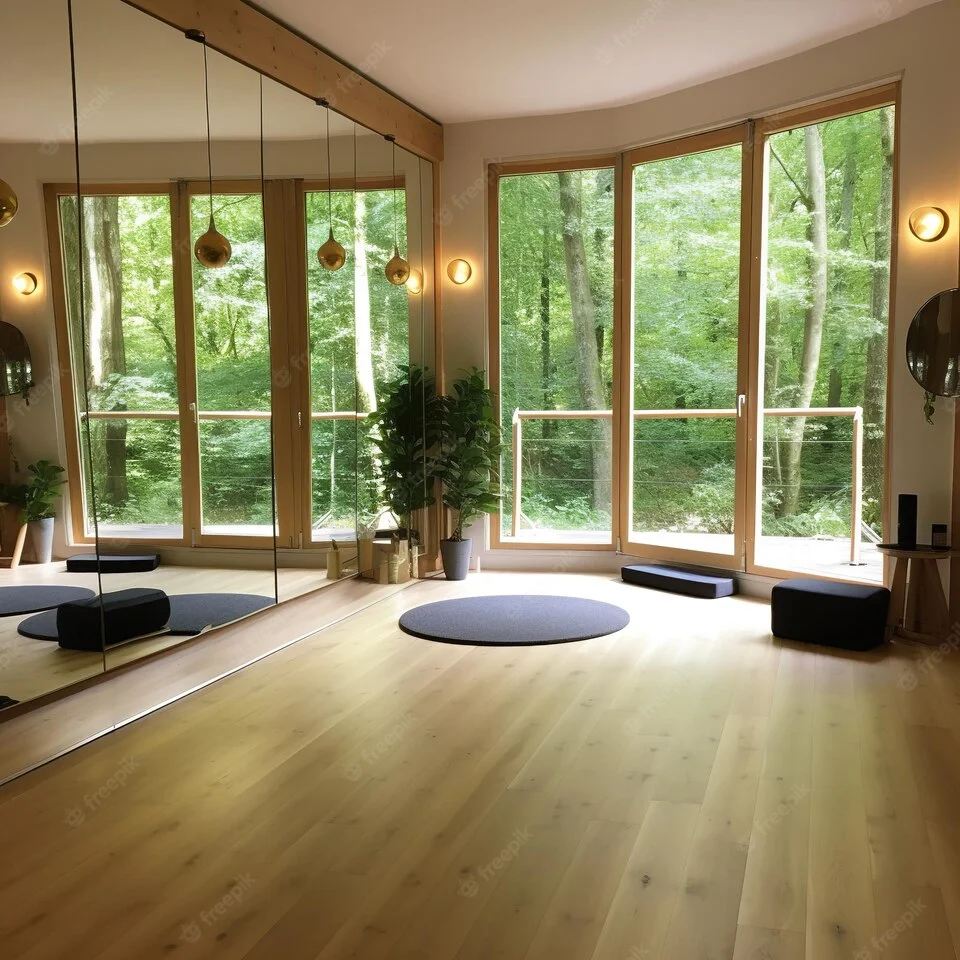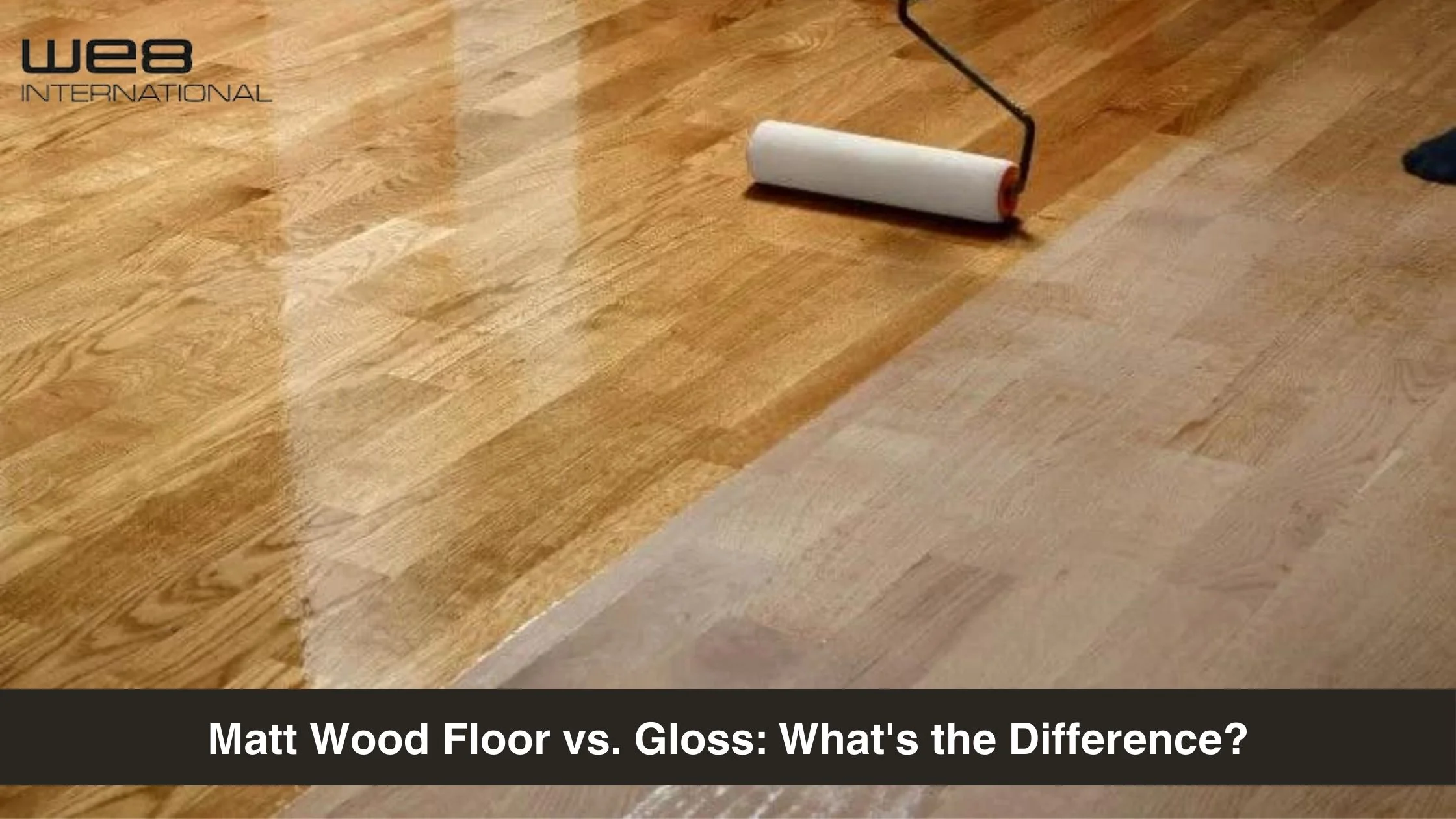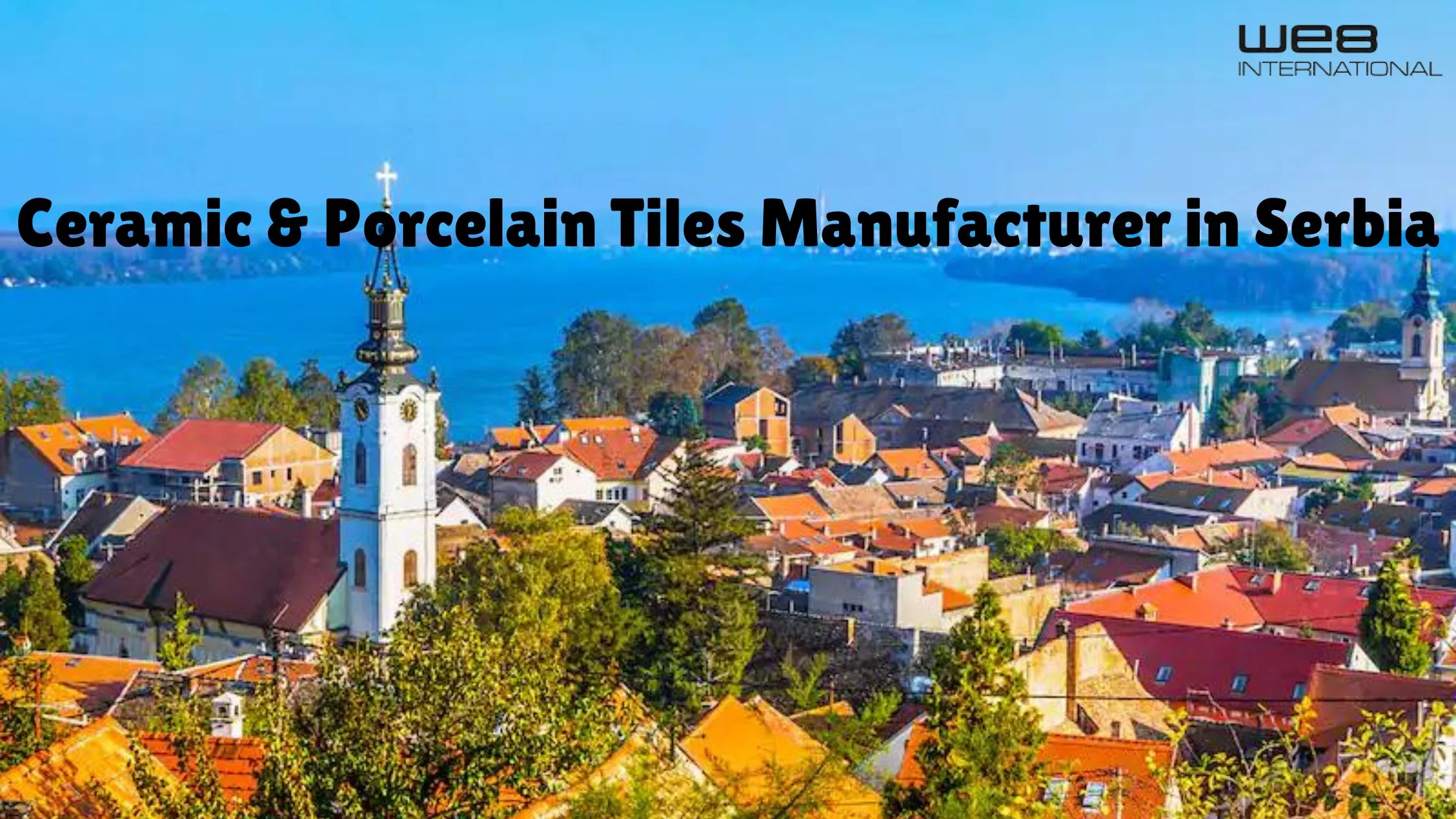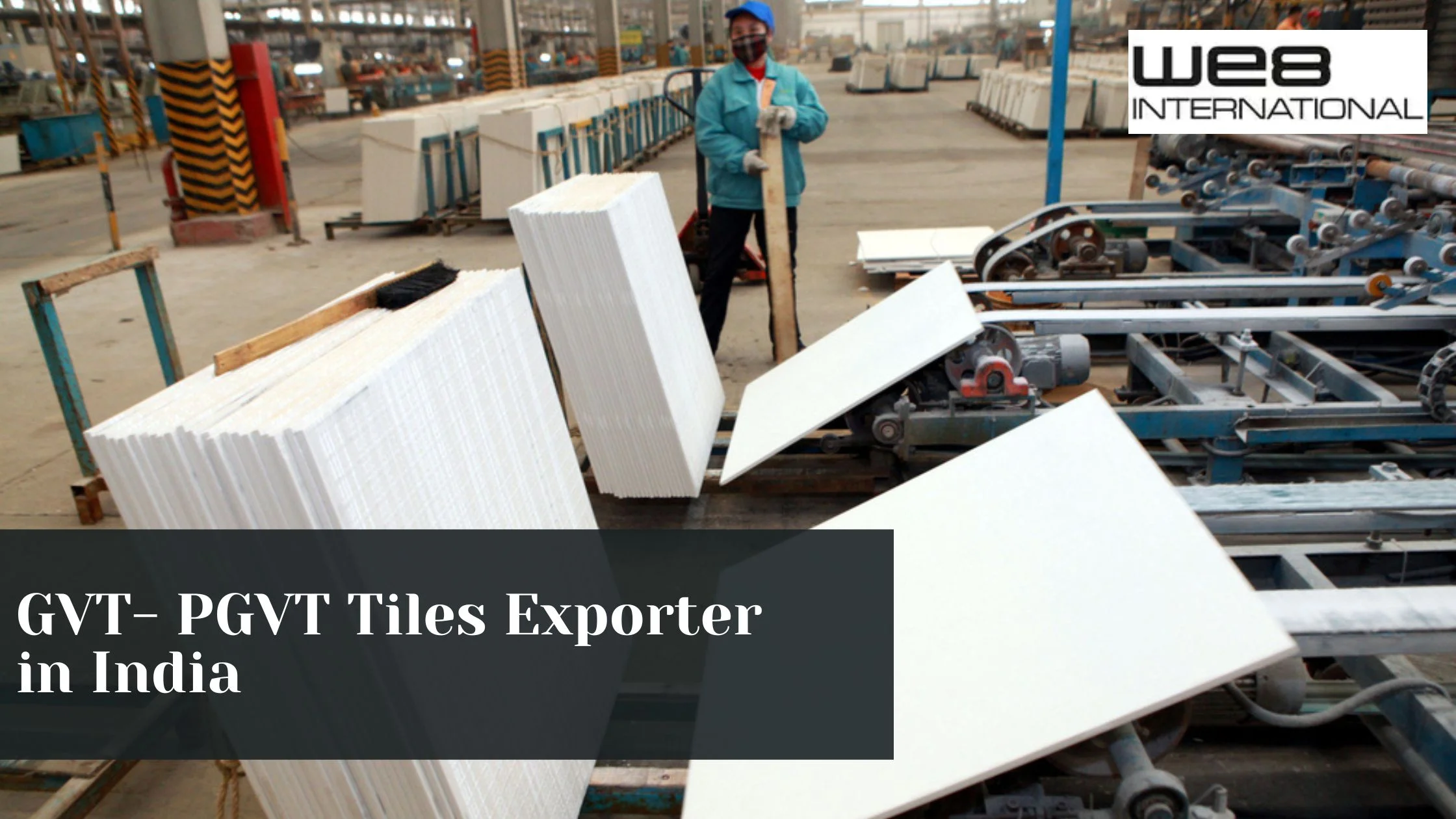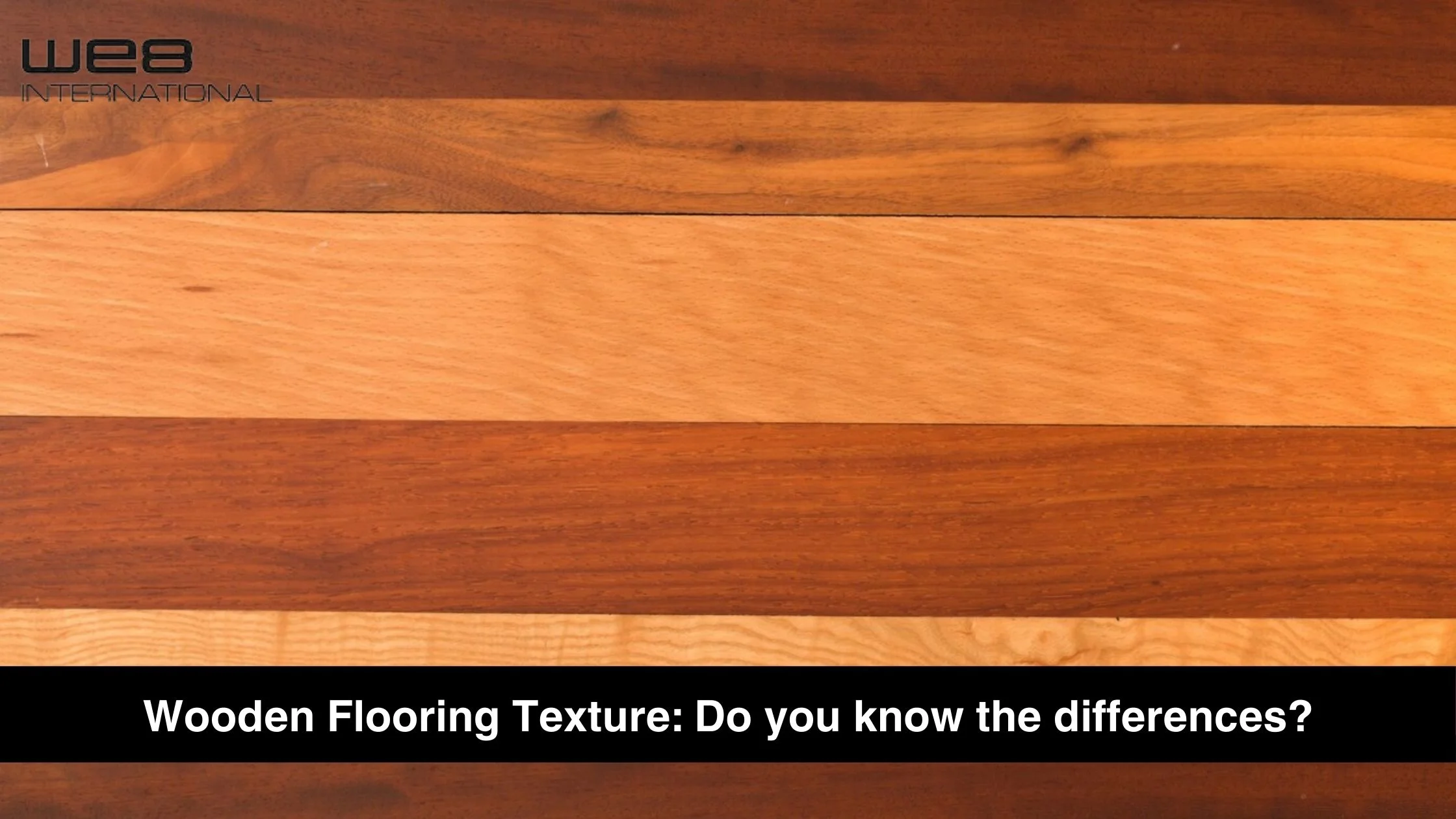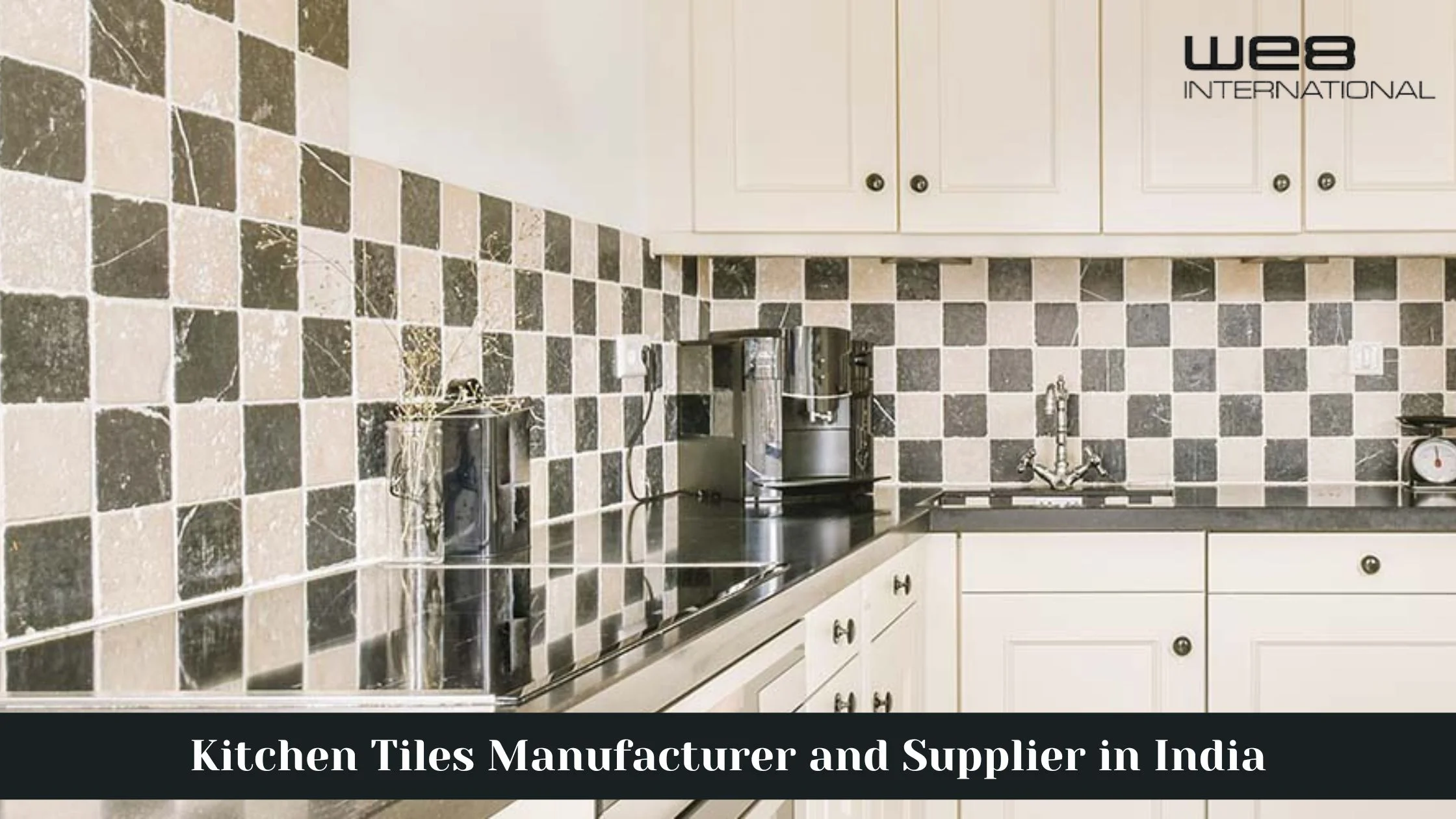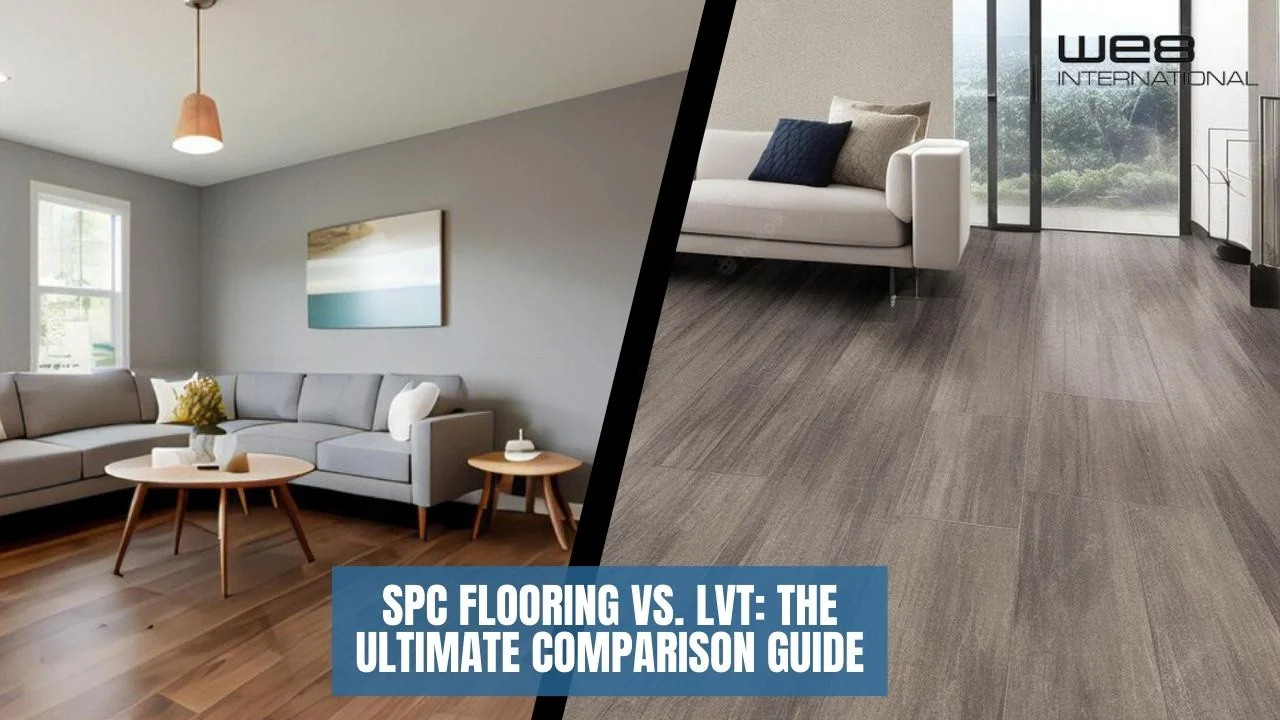
SPC Flooring Vs. LVT The Ultimate Comparison Guide
06/04/2023
When you go for flooring options, there are many available choices out there. The two most preferred choices are LVT(luxury vinyl tile) and SPC flooring. But which of these is better? Allow us to bring to you the ultimate comparison guide, in which you'll get to know about the pros and cons of each flooring option and will give you enough information to make a perfect decision for your flooring. Now, let's start learning more about SPC vs. LVT flooring.
Introduction to SPC and LVT flooring
You have a lot of options to consider wherever you go for flooring options. You have to see and choose from the color, style, and material of tile, etc. But customers, when you choose from the two best options, SPC flooring and LVT flooring, we are pretty sure you'll feel confused. To tackle this issue, we'll give you a detailed overview of both the tiles. This will help you to decide which tile is best for you.
Let's start with SPC flooring. The full name of this flooring is "stone plastic composite," and it recently gained popularity. Making these tiles a mixture of stone powder and plastic adds durability to the SPC tile. Also, it makes the tiles more weather-resistant than traditional vinyl flooring. This flooring is very easy to install and very sturdy to make it last very long as it is easier to maintain.
The next tile is LVT flooring (luxury vinyl tile) is another popular choice for many homeowners. This tile is made from multiple layers of vinyl that are bonded together under heat and pressure. This procedure gives the tile a realistic look to the tiles. These tiles are very easy to maintain and also suitable for busy families.
Now, let's discuss the pros and cons of both these tiles for you.
Advantages of Each Flooring Type
SPC Flooring:
Stone plastic composite flooring, or (SPC flooring) is made from a mixture of PVC and stone powder. These tiles are very durable and water resistant, making them the perfect choice for wet places like kitchens or bathrooms, making them easier to clean and maintain.
LVT Flooring:
Luxury vinyl tile flooring, or (LVT flooring) is made with multiple layers of PVC. These tiles are sturdy and can withstand heavy traffic, stain proof, and water doesn't damage these tiles very easily, making them good for bathrooms and kitchens.
Cost Comparison between SPC and LVT
We shall now do the comparison between LVT and SPC flooring's noticeable key points. SPC flooring is comparatively more expensive than LVT flooring because the materials used in making them are high quality. SPC is thicker than LVT; hence, it lasts longer and is less likely to be replaced. The installation of SPC flooring is very easy, and hence, the installation costs are relatively less when considering LVT flooring.
Durability Comparison between SPC and LVT
When you consider the factor of durability, SPC and LVT flooring are both incredibly long-lasting and easier to maintain. There are a few key features that differentiate them both.
SPC flooring consists of stone and plastic material mixed together. There are a few things that affect their overall durability. SPC flooring is wear and tear-resistant, scratch-resistant, and dent-resistant, making it a great option flooring for high-traffic areas.
LVT flooring, which is made up of multiple layers of vinyl material, gives a softer feel under our feet. This makes LVT flooring more susceptible to scratches and dents. LVT is not water resistant. Hence, it is not properly adaptable for moisture and water areas in the house.
Installation Considerations for SPC vs. LVT Flooring
Before the matter of installation of these flooring options comes into play, here are a few things you must consider first. You must make sure that the floor on which the tiles are to be installed is finely leveled and free of any debris. If you forget to take these matters into consideration, your floor may be filled with gaps between each tile.
You must choose a better quality adhesive. (PSA) adhesive, also known as a pressure-sensitive adhesive, while installing the floors. This adhesive will attach the tiles to the floors without the need for nails or staples. In the case of LVT flooring, both PSA or acrylic-based adhesive can be used to install the tiles on the floors.
After choosing the quality of adhesive, you can now start installing the tiles on the floors. Using the trowel, you have to start spreading the adhesive evenly to the floors. You can now lay the planks of tiles, press them onto the floors, and let them stick and dry well into the adhesive. Let dry the adhesive for at least 24 hours before you start working on your new floor.
Maintenance Requirements for SPC vs. LVT Flooring
The two different flooring options available are LVT (luxury vinyl tile) and SPC (stone plastic composite). But both these floorings bring unique benefits and drawbacks as well. So now a question arises: Which tile is best for you?
For an informed decision, we bring you a comprehensive and comparative guide for both SPC as well as LVT flooring. We will also mention to you the installation options and maintenance information, which can bring you the correct decision of tile for yourself.
Maintenance Requirements:
SPC flooring is easy to maintain, and its sturdy nature makes it easy to clean. These tiles do not require much polishing or waxing, nor do they fade or stain that easily because they are stain-resistant. You can easily clean them with the help of a vacuum cleaner to remove any dirt or debris and mop them with a microfiber cloth using floor cleaners or even soap solution.
LVT floors require more attention to maintenance than the SPC floors. Without regular cleaning, these tiles may become damaged; hence, it very essential to clean them. LVT floorings are not water resistant, so they can't be kept for flooring in the moisture areas.
Environmental Impact of Each Type of Flooring
There are 3 main types of flooring options, namely, laminate flooring, engineered hardwood, and solid flooring. Each flooring has a unique environmental impact.
Solid wood floors are made of 100% real wood. The wooden flooring, which is made of hardwood, is 100% natural. They are also biodegradable as well as recyclable. These natural hardwood floors also have a good life and long-lasting impact. Hence, they don't require to be replaced like other floors.
Do you wanna know how these wooden floors are made? These wooden floors contain synthetic materials and real wood. These tiles have 50% wood in them. Using engineered hardwood has a less harmful impact on our natural environment. It also has a good recyclability ratio and a good life span.
When many layers of synthetic materials are bonded together, the tiles that get formed are called Laminate floors. But these floors are not recycle-friendly, which is another drawback apart from being not moisture resistant. Another drawback of laminate floors is they need replacement more often. However, if you remove them properly, you can use these tiles again.
Conclusion
In summation of this whole article, we explained to you some of the key benefits of SPC and LVT flooring. Now, it's up to you to choose which tile option best suits you.
We would be happy to know if this article helped you in gaining a thorough understanding of the key difference between SPC and LVT flooring. You can now make an informed decision regarding the SPC or LVT flooring for both your home and office flooring. Choose tiles that work best for you. You can contact us for more information at info@we8international.com / +91 97263 26301.

